In every premenstrual woman struggling to govern her temper, sky cult wars again with Earth cult
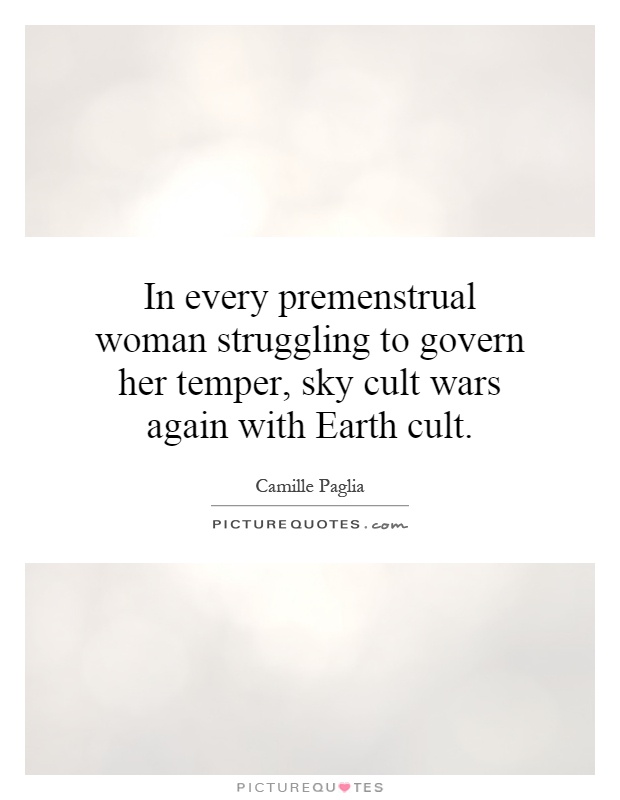
In every premenstrual woman struggling to govern her temper, sky cult wars again with Earth cult
Camille Paglia, a renowned cultural critic and feminist scholar, has often delved into the complexities of gender, power, and society in her work. One of the recurring themes in her writing is the tension between the masculine and feminine, the sky and the earth, the rational and the emotional. In her exploration of these dichotomies, Paglia has touched upon the idea that in every premenstrual woman struggling to govern her temper, the sky cult wars again with the Earth cult.Paglia's concept of the sky cult versus the Earth cult can be seen as a metaphor for the clash between the patriarchal, rational, and hierarchical structures of society (sky cult) and the more primal, instinctual, and cyclical aspects of nature and the feminine (Earth cult). In the context of premenstrual women, this clash becomes particularly pronounced as the hormonal fluctuations and emotional upheavals that come with menstruation can be seen as a manifestation of the Earth cult asserting itself against the constraints of the sky cult.
For Paglia, the premenstrual woman struggling to govern her temper represents a rebellion against the patriarchal norms that seek to suppress and control female emotions. In a society that values reason and logic over emotion and intuition, women are often expected to suppress their feelings and conform to a masculine ideal of behavior. However, the premenstrual woman's inability to control her temper can be seen as a refusal to adhere to these restrictive norms, a rejection of the sky cult in favor of the Earth cult.
Paglia's exploration of this concept sheds light on the ways in which women's bodies and emotions have been pathologized and demonized throughout history. By framing the premenstrual woman's struggle as a battle between the sky cult and the Earth cult, Paglia challenges traditional notions of femininity and calls for a reevaluation of the ways in which women's experiences are understood and valued in society.
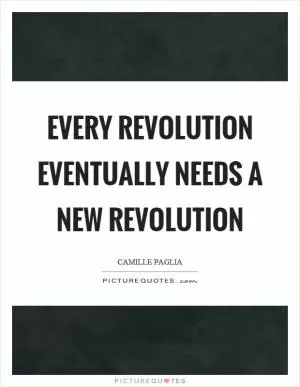

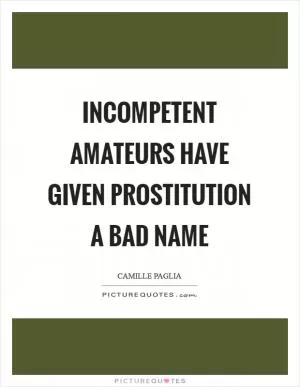
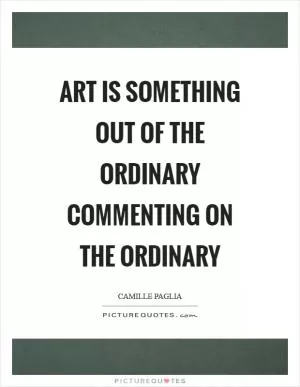
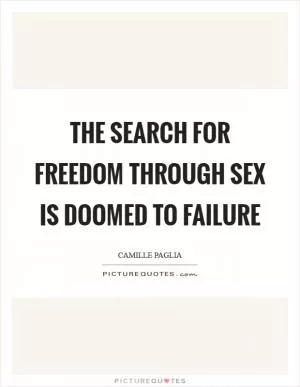
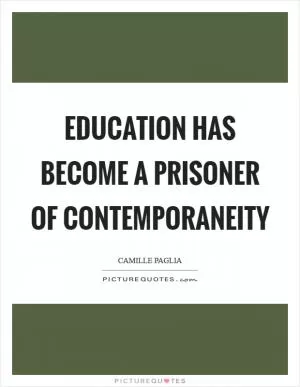




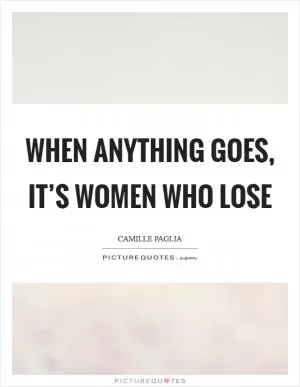

 Friendship Quotes
Friendship Quotes Love Quotes
Love Quotes Life Quotes
Life Quotes Funny Quotes
Funny Quotes Motivational Quotes
Motivational Quotes Inspirational Quotes
Inspirational Quotes